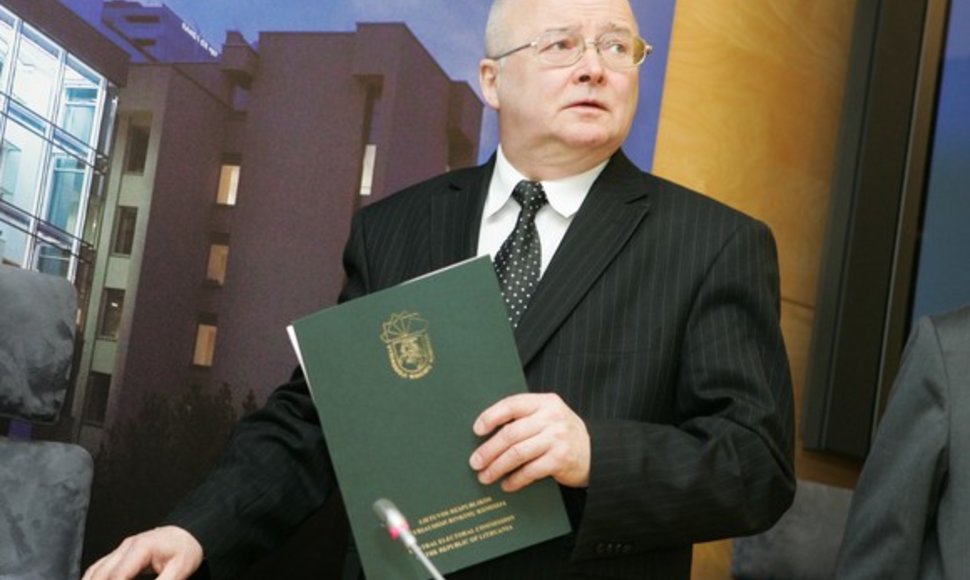"Not a single referendum has received substantial voter support amid a split of political powers. Major referenda – on the Constitution, joining the European Union, withdrawal of the Soviet army – took place amid almost complete support of political powers," Vaigauskas told BNS.
"If there was no such support (…), no agreement, then, as a rule, these referenda ended up without results even at a time when voter turnout was higher," he said.
According to Vaigauskas, at least a half of eligible voters have to vote in favor for a referendum to be deemed valid.
The head of the Central Electoral Commission also noted that a referendum on the construction of a nuclear power plant in Lithuania is legally binding, despite being only advisory.
"The text of a binding referendum is already a document which perhaps doesn’t require any additional documents. In this case, an advisory referendum means that other legal acts may be adopted based on it. If the provisions are not adopted in an advisory referendum due to the lack of voter support, so the Seimas will take into account the results but they are not binding. (…) To my mind, this referendum will be a strong legal obligation as it will be the nation's say," Vaigauskas said.
Lithuanian people will be provided with a single statement in the ballot to vote on: "I agree with the construction of a new nuclear power plant in the Republic of Lithuania" and will have to answer "yes" or "no".
Vaigauskas says the Central Electoral Commission will shortly make necessary adjustments for TV agitation to start. The initiators well as the opponents should be involved in the agitation, he said.
"All actions by the initiators and opponents will be coordinated by a Seimas panel which was in favor of the referendum initiative," Vaigauskas said.
In his words, amendments to the Law on Referendum might be needed to cut expenses for the referendum as now the Central Electoral Commission might ask for up to LTL 4 million (EUR 1,14 million) for holding the referendum but up to LTL 2 million might do following certain changes to the Seimas election and referendum procedures.
The referendum will be held along the Seimas elections on 14 October.












